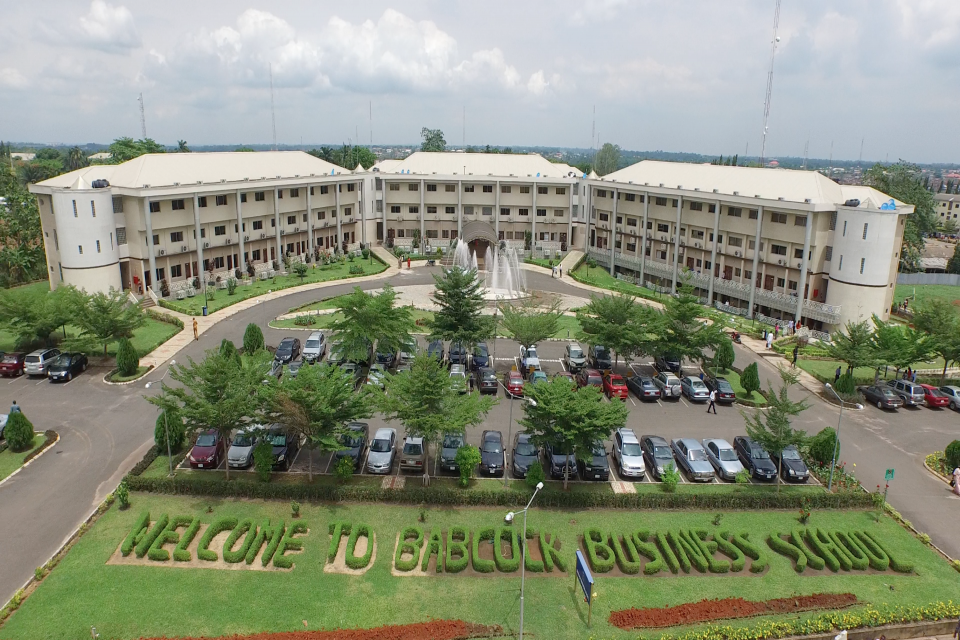By DAYO ADESULU
Transformative Potential of 4IR in Africa
Africa stands on the brink of a technological revolution, with experts emphasizing the need for governments to capitalize on the Fourth Industrial Revolution (4IR) for sustainable development and economic growth. This was the central theme at the recent SmartBlock4Africa conference held at Babcock University, in collaboration with the Institute of Electrical and Electronics Engineers (IEEE) and Valley View University, Ghana.
Embracing Cutting-Edge Technology
Prof. Ademola Tayo, President/Vice Chancellor of Babcock University, highlighted the significance of the conference, stating, “Through cutting-edge tech and discussions, Africa can transform the world.” He praised the Local Organizing Committee (LOC) for selecting Babcock University as a venue to address Africa’s pressing challenges, underscoring the timeliness of fostering intellectual development.
Blockchain and Data Management: A Path Forward
Prof. Oludele Awodele, LOC Chair and Babcock faculty, expressed optimism about Africa’s future, particularly regarding blockchain technology and its role in managing vast amounts of data. He noted that the 4IR, defined by advancements like the Internet of Things (IoT), Blockchain, and Artificial Intelligence (AI), holds transformative potential across key sectors, including healthcare, energy, agriculture, education, and governance.
The Urgent Need for Digital Interventions
Prof. Ifeyinwa Achumba, IEEE Chair of the Nigeria sector, warned that Africa must adopt digital interventions across various sectors to realize sustainable development. She emphasized the importance of awareness, multi-stakeholder participation, public-private partnerships, and education in talent development. “Africa must not miss out on the opportunities presented by the 4IR,” she stated, emphasizing the need for immediate action to avoid repeating the mistakes of the previous industrial revolutions.
Key Areas for Impact
The experts identified several critical areas for leveraging the 4IR, including economic growth, structural transformation, poverty reduction, and skill development. Prof. Penniecook Eustace, Vice Chancellor of the Adventist University of Central Africa in Rwanda, urged African leaders and policymakers to act swiftly to maximize technology’s benefits for economic advancement. Dr. Lossan Bonde from the Adventist University of East Africa, Kenya, echoed this sentiment, stating, “Knowledge is power; but knowledge not acted upon becomes useless.”
Building Infrastructure and Skills for the Future
Participants at the conference advocated for prioritizing infrastructure development to fully harness the benefits of the 4IR. It was agreed that Africa must invest in education and initiatives aimed at building essential skill sets, developing agile governance structures, and implementing robust cybersecurity measures.
A Call to Action for Africa’s Leaders
Dr. Bakare emphasized the urgency of leveraging AI and technology to enhance Africa’s capabilities, suggesting that these innovations could even predict malaria outbreaks and assist farmers in improving crop yields. “Let’s seize this moment to ensure that Africa emerges as a leader,” he urged.
With support from prominent figures such as Prof. Nicholae Goga, IEEE Chair (Region 8), and Prof. Philemon Amanze, Babcock University Senior Vice President of Academics, the conference marked a pivotal moment in Africa’s quest for digital development, signaling a new era of opportunity for sustainable growth and innovation.


